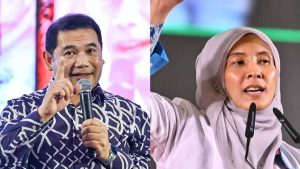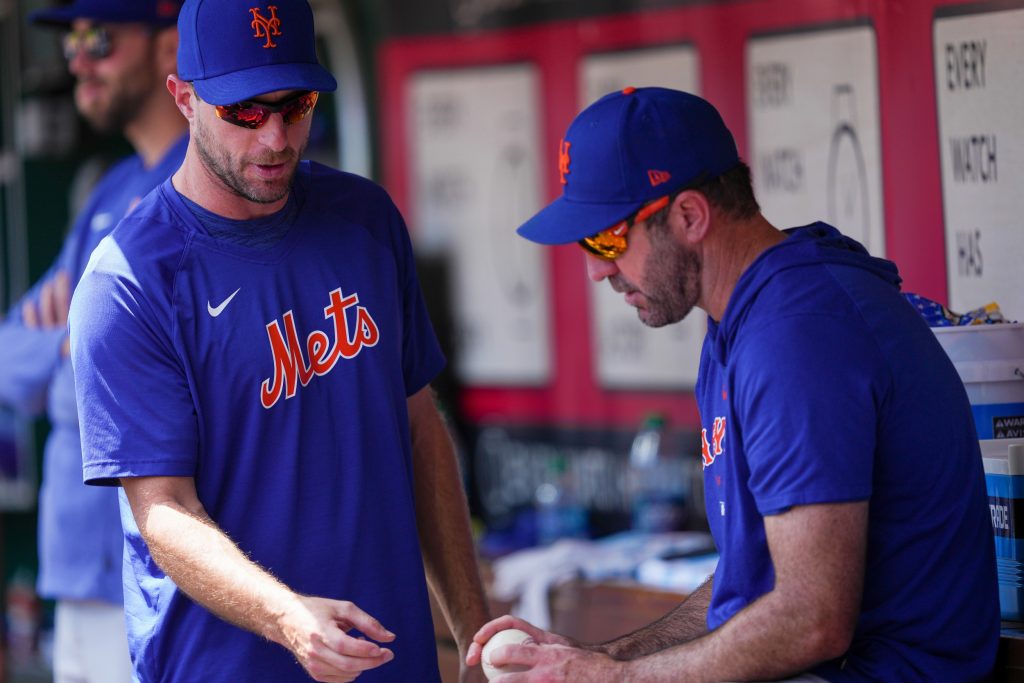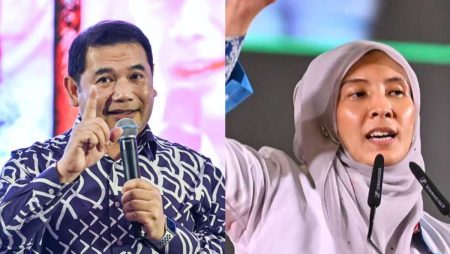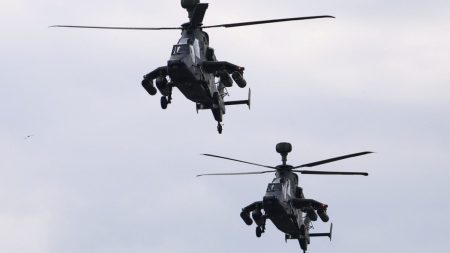The Atlanta Braves, facing the significant challenge of replacing the combined production of pitchers Charlie Morton and Max Fried, reportedly targeted Justin Verlander as a key free-agent acquisition. Verlander, a highly sought-after pitcher, ultimately signed a one-year deal with the San Francisco Giants, leaving the Braves to explore alternative options. This pursuit underscores the Braves’ recognition of their pitching needs and their ambition to maintain their competitive edge. The loss of Morton and Fried represents a considerable void in their rotation, necessitating the acquisition of a proven arm to bolster their pitching staff.
Following Verlander’s decision to join the Giants, speculation arose regarding the Braves’ next move. Christopher Kline, a writer for FanSided, proposed that the Braves could pursue Max Scherzer, another future Hall-of-Fame pitcher and Verlander’s former teammate. Kline argued that the Braves presented an ideal landing spot for Verlander due to their status as a contending team with a clear need for pitching depth, while also possessing enough star power to provide support and manage any potential injury concerns. He further suggested that Scherzer, with his extensive winning experience and recent track record of success, could be a suitable alternative for the Braves.
Kline emphasized that while Verlander may no longer be the workhorse pitcher he once was, capable of pitching over 160 innings, his two decades of MLB experience would have been a valuable asset to the Braves. This experience, coupled with his proven ability to perform at a high level, made him a desirable target. The Braves, recognizing the importance of veteran presence and leadership within their pitching rotation, sought to capitalize on Verlander’s wealth of knowledge and experience.
Scherzer, a three-time Cy Young Award winner and two-time World Series champion, presents a compelling option for the Braves. Despite misconceptions regarding his current pitching abilities, Scherzer has maintained a respectable level of performance over the past three seasons. He has accumulated 341 1/3 innings pitched with a 3.16 ERA and a 1.03 WHIP, demonstrating his continued effectiveness. While he might not be the ultimate solution to the Braves’ pitching needs, a one-year contract with Scherzer could prove to be a worthwhile investment.
While acknowledging that Scherzer is not a perfect solution, Kline counters the prevailing narrative that portrays him as a declining pitcher. He points to Scherzer’s consistent performance over recent years, demonstrating his continued ability to compete at a high level. This consistent performance, coupled with his wealth of experience, makes him a viable option for the Braves, even if he is not a long-term solution.
The Braves’ pursuit of top-tier pitching talent like Verlander and Scherzer reflects their commitment to maintaining a competitive roster. Recognizing the importance of pitching depth in a demanding MLB season, the Braves are actively seeking experienced arms to bolster their rotation. While the loss of Verlander to the Giants represents a setback, the potential acquisition of Scherzer offers a viable alternative, providing the Braves with a proven veteran presence and a track record of success. A one-year deal with Scherzer could prove to be a shrewd move, addressing their immediate pitching needs while minimizing long-term financial commitment. This strategic approach allows the Braves to maintain flexibility for future roster moves while addressing their current pitching deficiencies.










